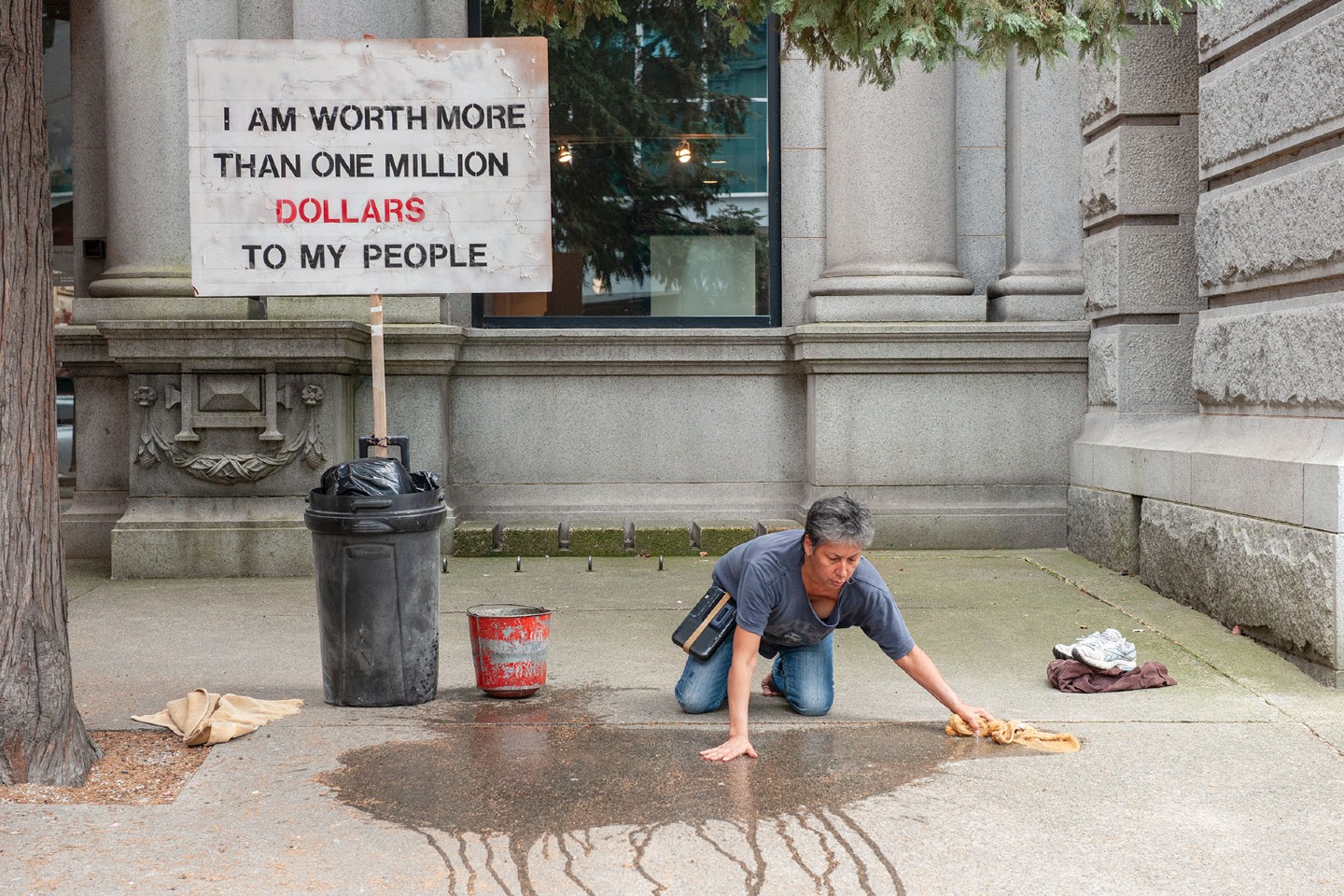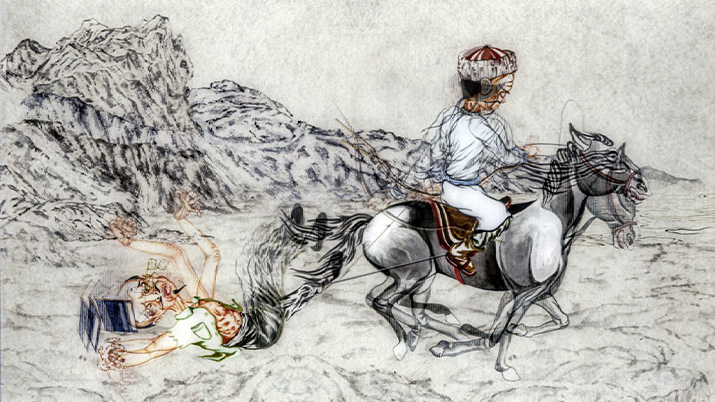Inaugural Symposium of the Global Encounters Initiative
How do societies change in response to contact with other cultures? And what roles do objects play in mediating these connections over time and place? This two-and-a-half-day symposium brings together anthropologists, geographers, historians, Indigenous artists and activists, and literary scholars whose research focuses on cross-cultural encounters and material exchange in a global context. Invited speakers will share works-in-progress and critically assess their own approaches toward the study of cultural exchange between peoples, places, and things.
Organized by Neil Safier, Department of History, UBC (neil.safier@ubc.ca)
Saturday, March 6
Venue: MUSEUM OF ANTHROPOLOGY, UBC
Welcome
Anthony Shelton, Director, Museum of Anthropology
Caribbean Diasporas (9:30-11:15am)
James Delbourgo (History, Rutgers)
Thor Burnham (History, UBC)
Nathan Connolly (History, Johns Hopkins)
Commentator: Alejandra Bronfman (History, UBC)
VISIT TO MOA MULTIVERSITY GALLERIES AND “BORDER ZONES”
Discussion with Museum Curators
Moderated by Xiong Gu (Visual Art, UBC)
LUNCH (1-2pm)
Global Circuits and Asian Migrations (2:30-4:15pm)
Sareeta Amrute (Anthropology, Washington)
Renisa Mawani (Sociology, UBC)
Chris Lee (English, UBC)
Commentator: Sebastian Prange (History, UBC)
COFFEE
Commodities and Cultures (4:30-6pm)
Sasha Welland (Anthropology, Washington)
Karen Hebert (Forestry and Environmental Studies, Yale)
Michael Hathaway (Anthropology, SFU)
Commentator: Juanita Sundberg (Geography, UBC)
Closing Comments and Discussion (6-6:30)
Closing Lecture (6:30-8pm)
From Noble Savage to Righteous Warrior:
Regenerating and Reinscribing Indigenous Presences
Taiaiake Alfred (Indigenous Governance, UVic)
Introduced by Paige Raibmon (History, UBC)
Sponsors of this event include: the Teaching and Learning Enhancement Fund at UBC; Dean’s Office of the Faculty of Arts; the Irving K. Barber Learning Centre; St. Johns College; Department of History; Department of Anthropology; Department of English; Dutch Studies Endowment; Department of Sociology; Program in Law and Society; Department of Asian Studies; First Nations Studies Program; the Peter Wall Institute for Advanced Studies; and MOA–Museum of Anthropology.

